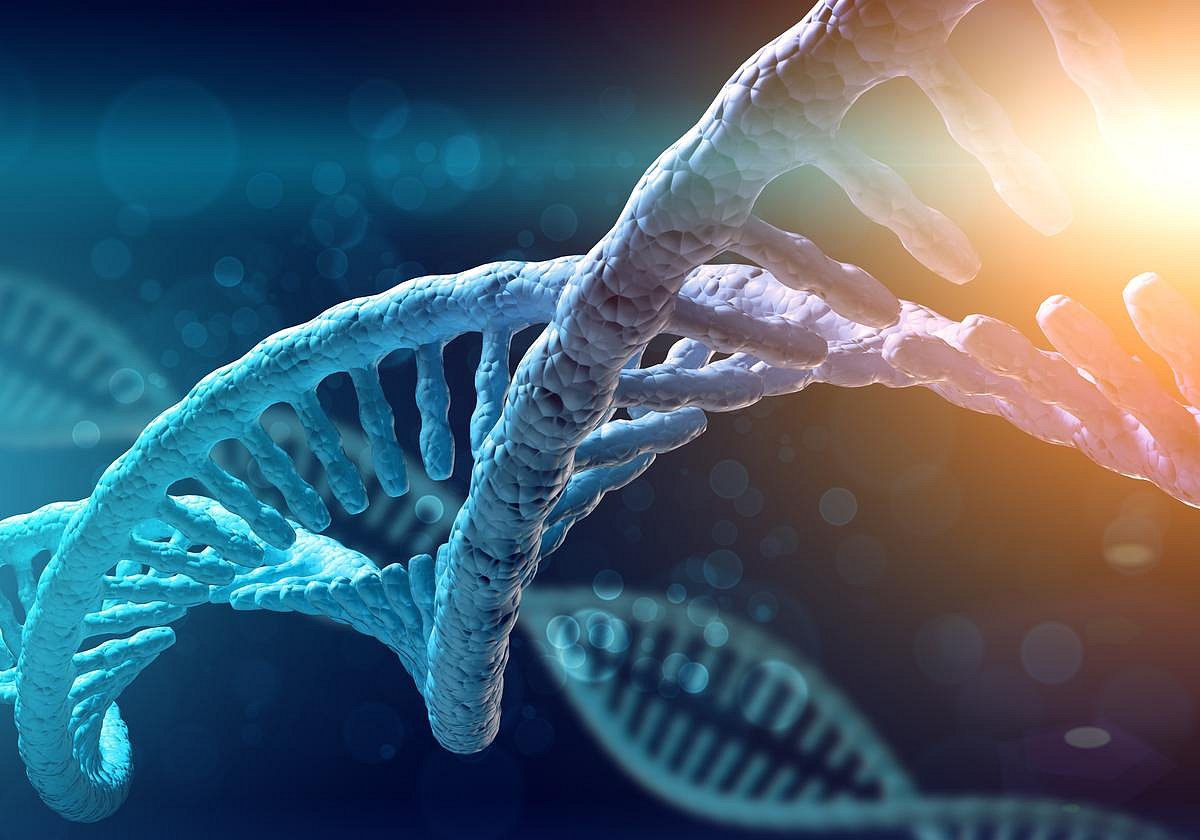Get Healthy!

- Posted October 1, 2025
NIH Awards $50 Million to Top Autism Researchers Despite Political Controversy
WEDNESDAY, Oct. 1, 2025 (HealthDay News) — In a move that surprised many in the scientific community, the National Institutes of Health (NIH) has awarded $50 million to 13 research projects focused on the complex and credible causes of autism.
The grants were announced just days after top administration officials, including Health Secretary Robert F. Kennedy Jr., publicly touted controversial theories linking the disorder to vaccines and Tylenol use.
When the administration requested proposals for new autism research in late May, many researchers feared the selection process would be influenced by anti-vaccine politics, and funding for a broader range of research ideas might be limited, The New York Times said.
However, the 13 chosen projects — known as the Autism Data Science Initiative — are focused on how genetic and environmental factors determine a person’s risk for autism. They are grounded in years of established science.
Alycia Halladay, chief science officer at the Autism Science Foundation, expressed relief and enthusiasm for the choices.
“We’re very enthusiastic and very optimistic that these projects will lead to important answers, no matter what question they’re looking at,” she said.
The chosen projects represent a wide range of investigation, Halladay said, noting they “had to do with everything from toxicants to nutrition to early contextual factors like socioeconomic status.”
Judith Miller, an associate professor at the Center for Autism Research at Children’s Hospital of Philadelphia, leads one of the funded teams.
She said it will use a large set of maternal and childhood health data to examine the interplay of genetics and environment, looking at things like changes in diagnostic criteria, poverty, and the quality of air and water.
“We have known there’s a big genetic component, and that genetics account for about 80% of the identifiable causes of autism,” Miller said, adding that knowing the genetic cause doesn't fully answer questions about a person’s long-term outcome.
Jonathan Sebat, a leader in autism genetics at the University of California, San Diego, also received funding for his team’s work. His project aims to use genetics to help understand the role of environmental exposures.
“The genetics of autism is a key piece of the puzzle that we have a good handle on,” he said, adding that this helps “the other pieces, including the environment, fall into place.”
For many autism experts, the quality of the NIH’s selections stood in sharp contrast to the unproven claims made by administration figures.
Helen Tager-Flusberg, director of Boston University’s Center for Autism Research Excellence and founder of the Coalition of Autism Scientists, expressed optimism.
“This is all very serious, forward-looking, exciting, rigorous, gold-standard science,” she told The Times.
More information
The National Institute of Mental Health has more information on autism spectrum disorder.
SOURCE: The New York Times, Sept. 26, 2025







